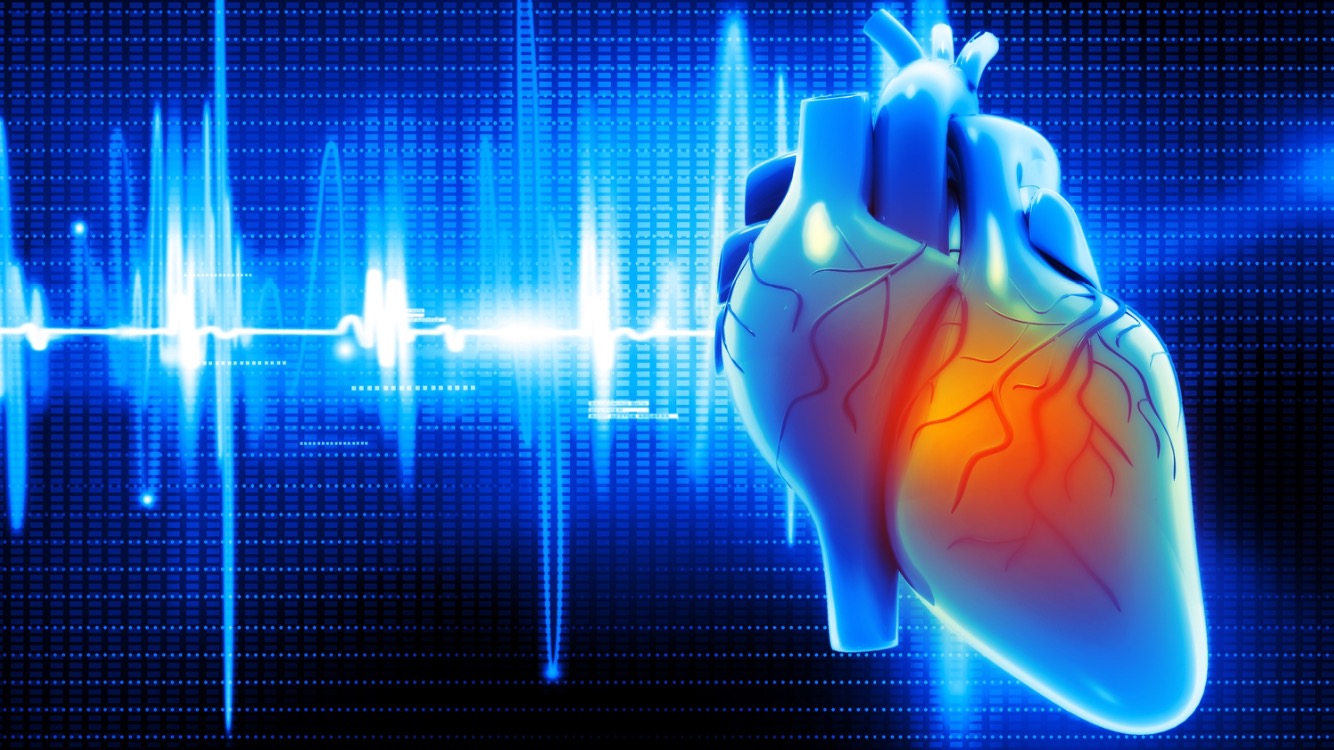Myocarditis is a heart condition where the myocardium becomes inflamed. If you’ve never heard of the myocardium it’s simply the middle layer of your heart wall. This muscle pumps blood in and out of the heart, and to the rest of the body.
When this muscle becomes inflamed, its ability to pump blood becomes less effective, and you may have trouble breathing and an irregular heartbeat. It can also cause blood clots, heart attack, and stroke.
Heart conditions can be difficult to diagnose. Speak to Hello Doctor about the signs and symptoms to watch out for.
The causes
Myocarditis can affect anyone at any age. There isn’t an exact cause of the condition, but potential causes include:
- This is the most common cause. Viruses commonly associated with myocarditis are coxsackievirus B (which can cause symptoms similar to the flu), adenovirus (which causes the common cold), and parvovirus B19 (which causes a rash called fifth disease). Epstein-Barr virus (mononucleosis), and rubella (measles) have also been linked to the condition.
- A number of bacteria can cause myocarditis, including Staphylococcus, Streptococcus and Corynebacterium.
- Yeast infections, mould, and other fungi may cause myocarditis.
- Parasites like Trypanosoma cruzi and toxoplasma can cause Chagas disease. This condition can cause myocarditis.
- Inflammatory diseases. Rheumatoid arthritis and other conditions that cause inflammation in the body can cause myocarditis.
- Autoimmune diseases. Some autoimmune disease like lupus can cause the immune system to turn against the heart, resulting in inflammation. This can weaken and damage the heart. Myocarditis is also common in HIV/AIDS patients
Allergic reactions to some medications and illegal drugs can also cause myocarditis. Other possibilities include exposure to chemicals like carbon monoxide and radiation.
Caution: exercise could be dangerous
Exercising while you have the flu can also put you at risk for the condition. Trying to sweat out a fever with intense exercise doesn’t work, and could allow the virus to invade your heart muscle. This could lead to inflammation and irreversible damage.
Signs and symptoms
In mild cases, myocarditis often has no noticeable symptoms. The condition may subside on its own without treatment, and you may never realise your heart was affected.
In more serious cases, you may experience the following:
- Chest pain.
- Shortness of breath.
- Joint pain.
- Swelling of the legs, ankles and feet.
- Abnormal heart rhythm.
- Heart failure.
If you have or recently had an infection like the flu, watch out for these symptoms. If you have any of these symptoms, speak to your doctor immediately. Undetected myocarditis can lead to sudden death.
Prevention and care
- Avoid risky behaviours. Practise safe sex and avoid using illegal drugs to lower your risk for HIV-related myocardial infection.
- Stay clean. Wash your hands regularly to avoid infection and prevent spreading illness. Stay away from people with viral symptoms. If you’re sick with a viral or flu-like illness, avoid people to prevent exposing them to the virus.
- Get vaccinated. Stay up to date with your vaccinations including those that protect against rubella, mumps, and flu.
- Don’t exercise. Give your body time to rest if you have been diagnosed with myocarditis. Exercising with the condition could prove fatal.
References:
- http://www.healthline.com/health/heart-disease/myocarditis#symptoms
- http://www.mayoclinic.org/diseases-conditions/myocarditis/basics/definition/con-20027303
- http://www.health24.com/Medical/Heart/About-heart/Myocarditis-20130923
- http://www.health24.com/Medical/Heart/Heart-and-exercise/To-train-or-not-to-train-20120721
- http://www.dw.com/en/when-sports-are-bad-and-threaten-the-heart/a-16309687

